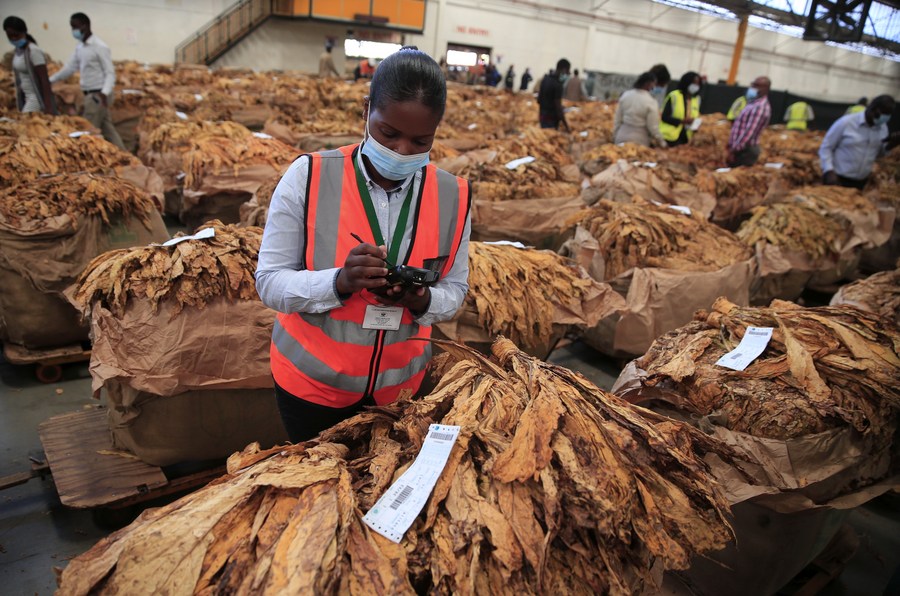Tobacco seed sales for the 2024/2025 farming season have exceeded 1,000 kilograms, marking a new high since 2019 and a notable increase from the previous season’s 831 kilograms.
Farmers are optimistic about this season, anticipating significant improvements for one of Zimbabwe’s key exports.
This surge in seed sales suggests an increase in tobacco cultivation, potentially surpassing the previous record of 164,000 hectares set in 2019.
According to the Kutsaga Tobacco Research Board, as of August 13, 2024, over 1,000 kilograms of tobacco seed had been sold, which is enough to cover 201,036 hectares.
Mr. Tafadzwa Chimuti, spokesperson for the Association of Tobacco Growers, is hopeful that this season could break records in terms of both acreage and production. He attributes this optimism to last season’s favorable prices and the lack of competitive alternative crops.
Also read: Doek and Slay Event Postponed to Accommodate SADC Summit, New Date Set for August 25
The rise in seed sales is supported by a positive marketing season and the anticipated La Niña weather pattern, which is expected to bring more rainfall, a welcome change from the drought caused by El Niño in the previous season.
The dry conditions of the 2023/2024 season negatively impacted many crops, including tobacco. The 2024 harvest is expected to be 235 million kilograms, a decrease from the 296 million kilograms harvested in 2023.
Mr. Chimuti believes there is strong potential to exceed both the 164,000-hectare record and last year’s output. The anticipated La Niña conditions are expected to improve rainfall and farming conditions, motivating farmers to invest more in tobacco.
Ms. Ethel Myers, CEO of the Tobacco Farmers Association, supports this view, noting that seed sales are a reliable indicator of future planting acreage. She emphasizes that favorable tobacco prices and the predicted La Niña weather are motivating farmers to produce high-quality tobacco for premium prices.
Mr. Tinashe Simboti from the Ministry of Lands, Agriculture, Fisheries, Water and Rural Development outlined the objectives of the tobacco production plan, which include increasing local tobacco funding, boosting productivity from 250 million to 310 million kilograms, and enhancing production of alternative crops.
The Tobacco Value Chain Transformation Plan aims to expand tobacco production to 300 million kilograms by 2025 and develop the value chain into a $5 billion industry through the export of value-added tobacco products.
Economist Ms. Gladys Shumbambiri-Mutsopotsi highlighted the economic importance of tobacco, noting that it remains Zimbabwe’s top cash crop and second-largest export after gold. Tobacco exports generated about $1 billion last year, which is crucial for stabilizing the economy and supporting rural livelihoods. The industry also creates significant employment and income opportunities in rural areas, contributing to overall economic growth.

For comments, Feedback and Opinions do get in touch with our editor on WhatsApp: +44 7949 297606.
